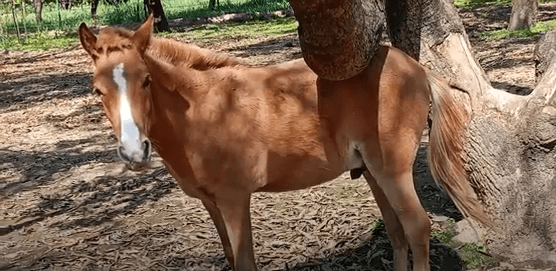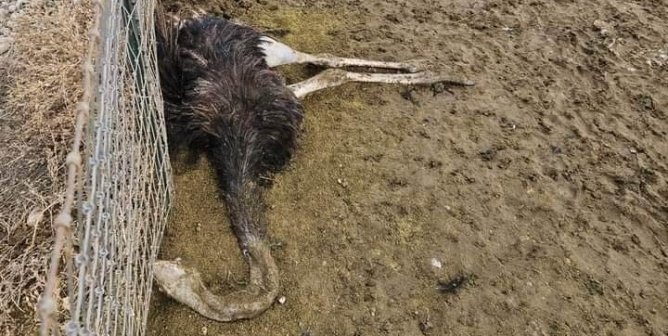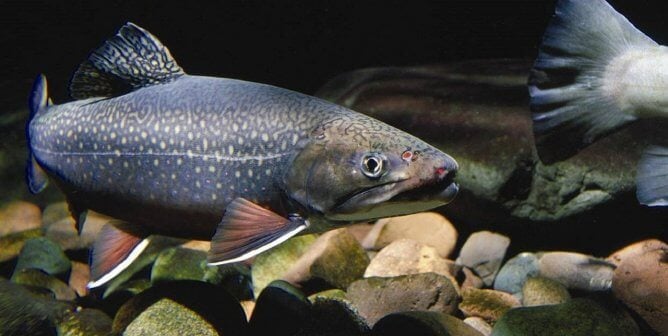Civets Suffering for Cruel Coffee
Kopi luwak is made from the beans of coffee berries that have been eaten and excreted—yes, you read that right!—by the Asian palm civet. To make this coffee, the civets are typically snatched from their homes and life in the wild to be imprisoned alone in tiny, barren cages. They’re deprived of everything that is natural and important to them, including freedom, exercise, space—even real food. They bite at the cage bars, turn in circles, and go insane from being imprisoned with no escape. Deprived of adequate nutrition, they begin to lose their fur. All of this cruelty is just for a novelty coffee sold by companies such as Amazon.com. We’re asking the company, as a leader in global online retail sales, to learn the ugly truth behind this coffee from this recent investigation and end the sale of kopi luwak.
A PETA Asia investigator visited civet coffee farms in Indonesia and the Philippines, two of the world’s top producers of kopi luwak. Undercover footage from these farms—some of which falsely advertise their coffee as “wild-sourced”—shows sick, depressed civets suffering from infections and exhibiting signs of zoochosis, a stress–induced neurotic condition that causes captive animals to spin, pace, and bob their heads in constant frantic displays of frustration.
In the wild, civets climb trees to reach the ripe fruit, but in captivity, they are just fed bins full of coffee berries, far more than they would ever eat naturally, leading to nutrient deficiencies. One farmer was recorded revealing that civets are generally kept caged for at least three years before they’re released back into the wild and that the lack of nutrition and the stress from confinement that causes them to lose their fur also makes them so debilitated that many do not survive.
While kopi luwak is often advertised as “wild–sourced,” farmers told the investigator that it would be nearly impossible to produce exclusively wild–sourced civet coffee and that the industry knowingly mislabels coffee from captive animals. At two farms, the investigator was told that they “didn’t have a problem” with putting a “100% wild–sourced” or similar label on coffee from caged civets. One farmer even gave the investigator a sample of coffee bearing a false label. This coffee can be found in various stores, including at Amazon.com.



